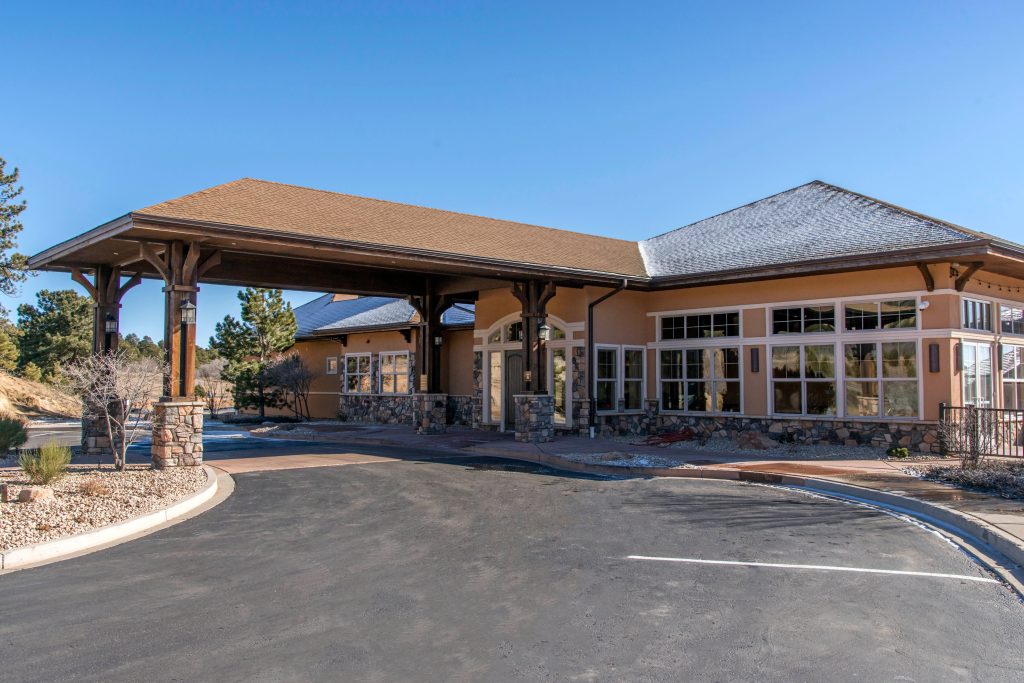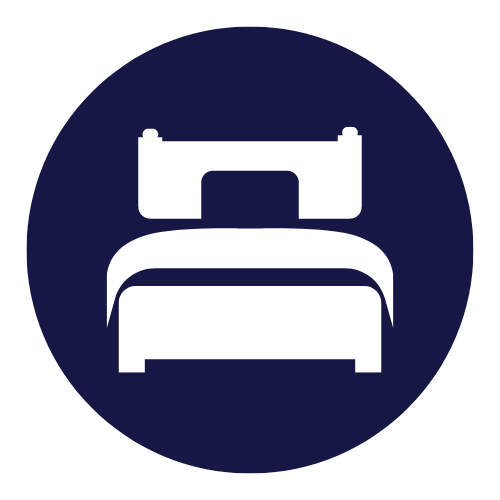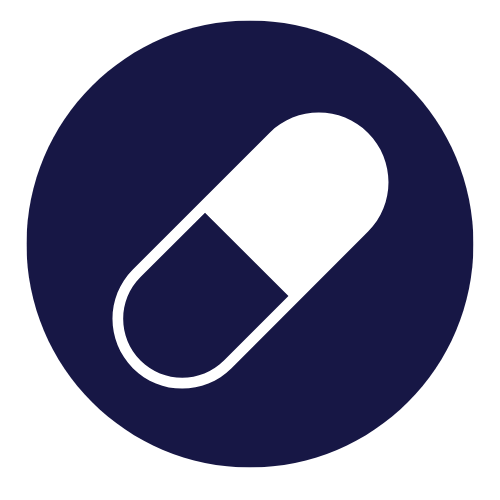Our Medical Detox Programs
Detox is the first step to overcoming a drug or alcohol addiction. Medically supervised detox programs help ensure comfort and safety during that process and sets the stage for long-term success in recovery.

Medical Detox at Advanced Recovery Systems
During a medically supervised detox,our medical team supports the patient while they eliminate all drugs and alcohol from their system. We provide around-the-clock monitoring and treatment for any withdrawal symptoms or side effects which, depending on the severity and type of substance(s) used, can be uncomfortable or dangerous. Medical detox keeps this process as comfortable and safe as possible for the patient.
Complete Inpatient Rehab With Us
We offer inpatient, residential programs at the following Advanced Recovery Systems facilities:


Is medical detox right for me?
Medically supervised detox may be required to safely stop using drugs or alcohol if any of the following is true:
What’s Included In Our Detox Program
Upon arrival at our facility, we complete a comprehensive assessment of each patient’s drug and alcohol use, physical and mental condition, and any co-occurring disorders. This evaluation allows us to develop a customized treatment plan for their medical detox.
During detox, medications are administered as medically appropriate to alleviate withdrawal symptoms, and nutritious meals are provided to support overall health and healing.

Using Insurance for Medical Detox
Our facilities are in-network with most national and local insurance providers. We can confirm your insurance benefits or discuss private payment options with you.
About Drug and Alcohol Detox
During medical detoxification, our medical professionals supervise the elimination process of alcohol and/or drugs from the patient’s system. They monitor and help manage withdrawal symptoms, which can be uncomfortable or even life-threatening, depending on the substance(s) used and for how long.
Starting treatment with medical detox is recommended due to the increased comfort and safety it provides. A successful medical detox can set the tone for the patient’s recovery journey.
Who Needs Medically Supervised Drug and Alcohol Detox?
Someone who has used a substance heavily and/or for an extended time is likely to need medical detox for their comfort and safety. Detox care is likely necessary if someone has been taking one of these: Benzodiazepines Alcohol Heroin or opioids Stimulants like cocaine or methamphetamine
Why Is Medical Drug and Alcohol Detox Necessary?
Even for those with supportive loved ones, the detox process can be very challenging and vulnerable time. Completing a medical detox gives the patient 24-hour support through difficult situations and sets the stage to start the recovery process.
How Does Medically Monitored Drug and Alcohol Detox Work?
Medical detox works by providing supervision and support while the patient’s body is removing all traces of drugs and alcohol. Medical professionals monitor the patient for symptoms of withdrawal and can act swiftly to address them or assist the patient in working through them. This is especially important when patients have developed physical dependence on substances and experience painful or dangerous withdrawal. Additionally, in medical detox, the patient is removed from their normal circumstances and triggers so that they can focus on healing and starting life in recovery.
How long is medical detox?
The duration of medical detox varies depending on several factors such as the substance(s) used, withdrawal symptoms, and the patient’s overall health. Generally, our patients complete medically supervised detox within 5-7 days.
Can I detox at home?
Medically-supervised detox is the best way to ensure comfort and safety. For this reason, we strongly discourage at-home detox. Withdrawal can be challenging and discouraging, which can increase the risk of relapse and overdose. Additionally, some substances, including alcohol and benzodiazepines, can have life-threatening withdrawal symptoms that require immediate medical attention.
Is Medication-Assisted Treatment (MAT) available?
Advanced Recovery Systems facilities offer medication-assisted treatment, as medically appropriate.
Does insurance cover medical detox?
Insurance may cover some or all of the medical detox costs. Our facilities can also work with patients without insurance to develop private payment options.
Speak with Admissions
Speak with a Recovery Advocate who can help answer your questions and get you started in treatment that’s right for you.



